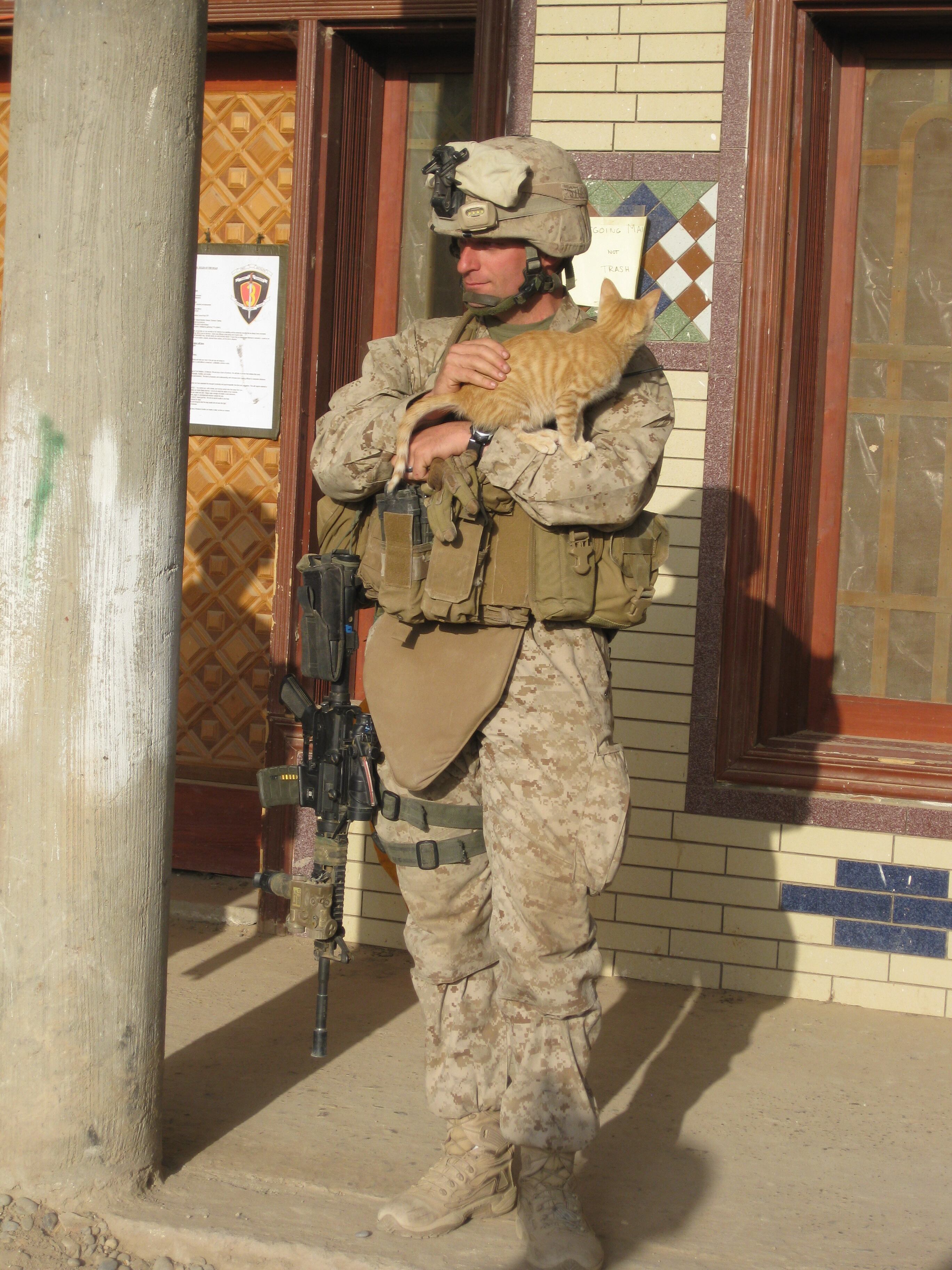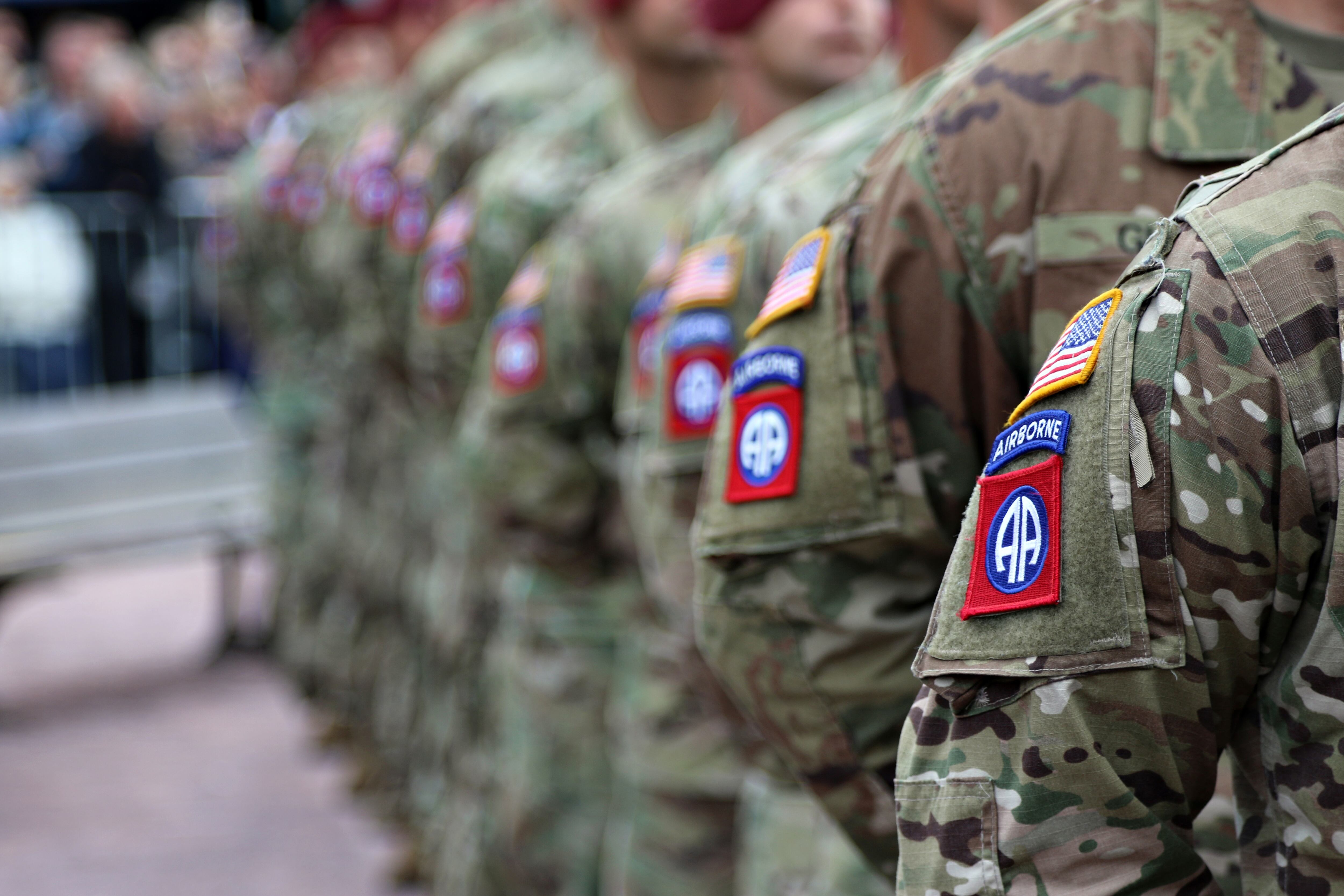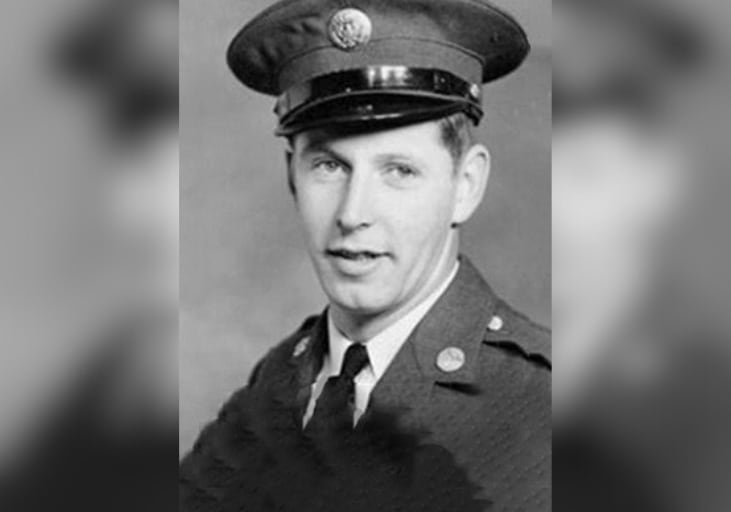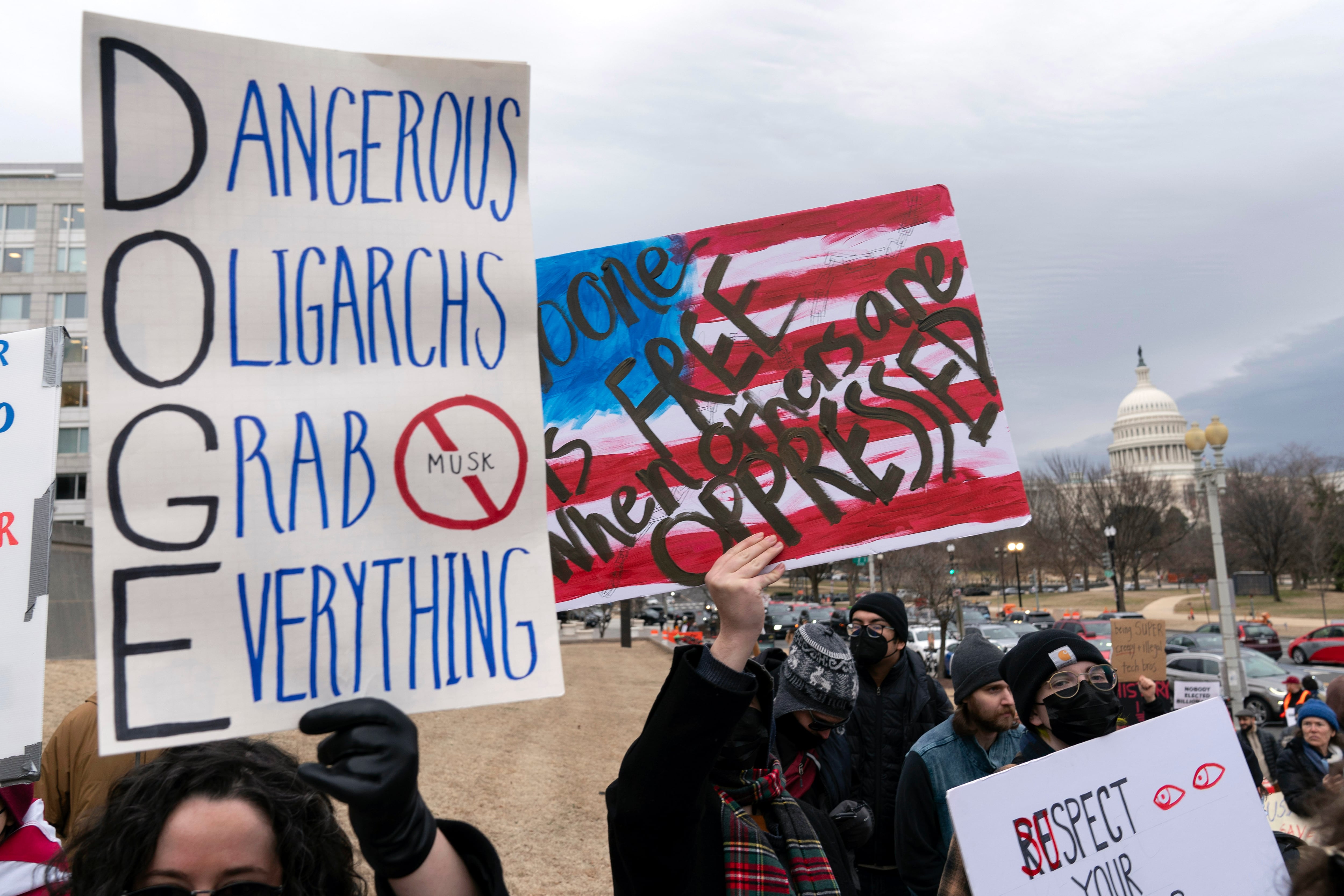I think I'll grow a beard.
It is increasingly apparent that more and more Marine Corps orders are set aside because we are so busy answering higher-up's' mail and adding new requirements and systems to track and manage training and equipment that more and more Marine Corps orders are set aside. Not out of willful omission or belligerence, just as a matter of course.
It's unintentional selective disobedience.
Don't believe me? Then why do we take weeks or months preparing for readiness inspections FASMO and CGRI inspections things we take weeks or months preparing for? If we'd been executing the orders, we would all just be in compliance with standards as a matter of course — any day of the week would be a good day for an inspection.
But we don't comply until it becomes an absolute necessitywe have to.
Operations shut down and Marines are pulled to help the sections get back in compliance, like bad lance corporals who live like pigs until Thursday afternoon field day inspections. Is that the new standard?
As Marines, we keep our eye on the ball: higher's intent. We get the items briefed at the commanding officer's CO's weekly meeting. Units are 100 percent One-hundred percent Sexual Assault Prevention and Readiness-trained, but our vehicle record jackets haven't been updated in months.

Maj. Paul Stubbs, shown in Afghanistan here, says so many competing training requirements leave Marines not following some Corps-wide orders.
Photo Credit: Courtesy of Paul Stubbs
But nobody is asking about the vehicles just now, and if our unit numbers are in red and the other units are in green, we look bad in front of the boss.
The direction we are heading leaves us is to continually playing catch-up and clean-up as the requirements that actually get noticed change.
This engenders a weapons turn-in mentality: We are busy, so only clean where they will look. The rest can rust; we have other things to do.
I have had senior officers brush aside requirements because the unit was too busy. When they're and when confronted with the actual order to which that requirement pertained, they responded "but there is no demand signal to spend time on this." As if a compressed schedule translated into automatic exception.
But commanders set the priorities and if they add rocks to our pack and never take any out, well-meaning career professionals have to decide for them which orders to ignore:. The answer is the ones that aren’t enforced.
Why is there never a discussion about getting rid of requirements, just adding new ones?
For example, why does a lieutenant colonel who has never used tobacco have to take the MarineNnet tobacco cessation class once a year? Is that something that could perhaps be only required for tobacco users?
Does a Marine married for 20 years need the class on preventing sexually transmitted diseases STD class? Is he or she the really the target audience for this information?
We preach top-down planning and bottom-up refinement, but we seem to skip that second part.
We have chosen to stay on top of the things our higher command has put on their radar. And tThe rest is set aside as something we pay attention to once every couple of years, when it once again becomes important to leadership's higher's score-cards on command inspection score cards.
So I think I'll grow a beard and see how long it take someone to tell me I am out of regulation. Then if they are not of higher rank than me or able to reach into my chain of command, I will apply what seems to be our paradigm of ignoring it until there are actual consequences.
Or maybe I should just keep shaving every day, and we should do a sanity check on the cost in hours of compliance, and match that up against what we want the unit to do for the actual primary mission.
But we cannot do both.
And we aren't.
Maj. Paul Stubbs is an infantry officer currently assigned to 2nd Air Naval Gunfire Liaison Company. He has deployed six times, including twice to Iraq and once to Afghanistan. He served as a company commander during three of those deployments. Stubbs served as an enlisted soldier and sailor before becoming a Marine officer. The opinions expressed are his own.





